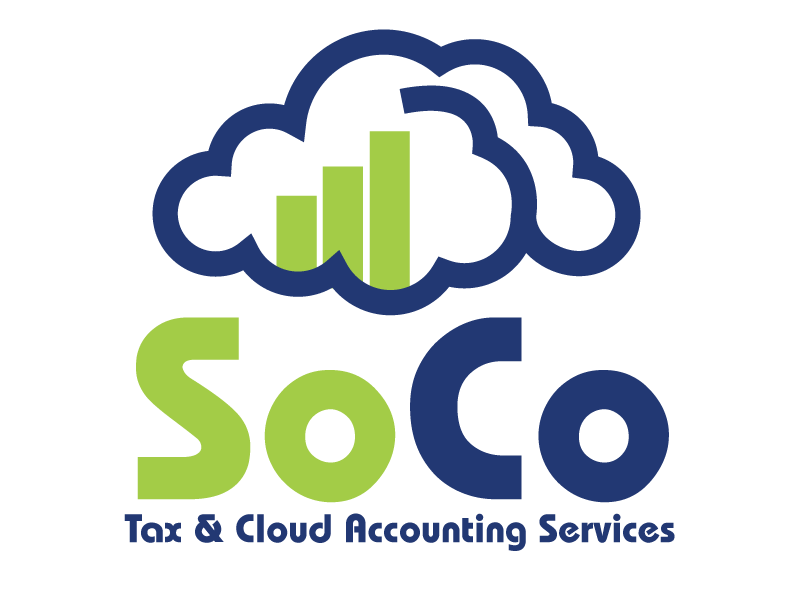New Stimulus Law Grants Eight Tax Breaks for Individual Filers
As you know, Congress recently passed a massive new stimulus bill that was enacted into law on December 27, 2020. Most of the public’s attention has been focused on the bill’s authorization of additional stimulus checks, new PPP loans, and other aid targeted to struggling businesses.
But Form 1040 American taxpayers who are not in business are struggling as well. The stimulus bill contains a hodgepodge of eight new or extended tax breaks intended to help Form 1040 filers.
None of these tax breaks are earthshaking by themselves, but together they add up to a nice tax present for COVID-19-weary Americans.
Here are the eight new tax breaks that can help you:
1. Deduct cash contributions to charity if you don’t itemize.
2. Deduct up to 100 percent of your adjusted gross income (AGI) as a charitable deduction.
3. Lengthen to one year the time you have to repay your 2020 employee Social Security taxes if your employer deferred them.
4. Deduct medical expenses in 2021 using the now-extended 7.5 percent of AGI floor for these deductions.
5. Carry over unused flexible savings account (FSA) funds to next year.
6. Use your 2019 income to qualify for the earned income tax credit and/or the child tax credit if you’re a lower-income taxpayer.
7. Deduct out-of-pocket expenses for personal protective equipment (PPE) if you’re a teacher.
8. Take advantage of the lifetime learning credit in 2021 if you’re a higher-income taxpayer.
Proof for the Home-Office Deduction
Question. If you have an office outside your personal home—say, downtown—can you have a tax-deductible office inside your home for the same trade or business?
Answer. Yes.
Q. Who says that?
A. The IRS.
Q. Show me where they say that!
In IRS Publication 587, the IRS says this:
Your home office will qualify as your principal place of business if you meet the following requirements:
1. You use it exclusively and regularly for administrative or management activities of your trade or business.
2. You have no other fixed location where you conduct substantial administrative or management activities of your trade or business.
The quote above mirrors the law and the legislative history. Note the following points:
· The administrative office is a “principal” office.
· You must use this office exclusively for business.
· You must use this office regularly for business.
· You must do your administrative work in your home office.
· You must not do your administrative work in the office outside the home.
Here is a second important quote from IRS Publication 587:
You can have more than one business location, including your home, for a single trade or business.
The IRS makes this rule very clear and straightforward: you may have more than one office for your business, including an office in your home.

